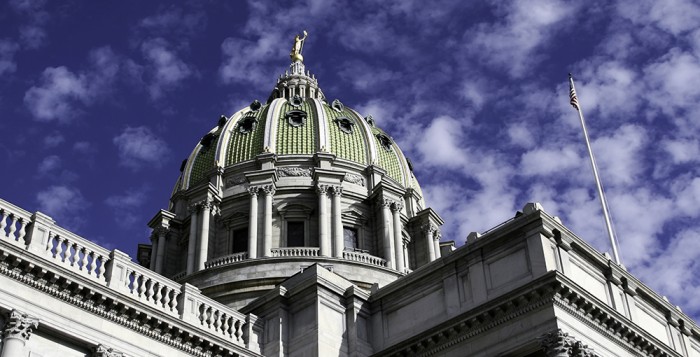As Pennsylvania pushes to legalize recreational marijuana, recent research suggests doing so could have harmful effects for adolescents, including a potential increase in suicide.
The study, “Cannabis use disorder, suicide attempts, and self-harm among adolescents: A national inpatient study across the United States,” examined the association between cannabis use disorder (CUD) and suicide/self-harm in a large, nationally representative sample of hospitalized adolescents. It found that adolescents with CUD were 40 percent more likely to experience a suicide attempt or self-harm.
Although the inpatient study does not directly tie an increase in adolescent suicide to legalization of recreational marijuana, there is an association between marijuana legalization and the increased risk of cannabis use disorder among adolescents. As more adolescents experience CUD, then, the potential for more suicides also increases.
In his 2024-2025 Budget Book, Governor Shapiro, acknowledging that all of Pennsylvania’s neighboring states except West Virginia have legalized recreational marijuana, says now is the time for the commonwealth to do so as well. His budget proposes legalization of adult use marijuana effective July 1, 2024, with sales within Pennsylvania beginning January 1, 2025.
The governor’s plan estimates about $14.8 million in revenue in the industry’s first year of operation, with more than $250 million in annual tax revenue expected once the industry is established.
In its review of the inpatient study, the Recovery Research Institute (RRI) suggests policymakers develop policies and funding structures that appropriately educate the public about the risks of cannabis use, and support those who are currently using, as a way to potentially help reduce the public health burden of cannabis use and suicidal behaviors among adolescents.
For treatment providers, RRI points out that cannabis use was uniquely associated with suicidal behaviors among adolescents being treated in an inpatient setting over and above well-known risks such as depression. Furthermore, those with both CUD and depression were at an even greater risk, concluding, then, that it is likely helpful to conduct thorough screenings for each of these issues if an individual presents with one of them.
The governor has proposed millions of dollars to address Pennsylvania’s growing mental health needs. With legalization of recreational marijuana seemingly inevitable in the commonwealth’s near future, even more resources will be needed to address the inevitable substance use disorder (SUD) and mental health issues Pennsylvanians of all ages will likely face following legalization. With a quarter of a billion dollars expected in eventual annual revenue from legalized marijuana, a significant portion of that sum must be committed to SUD and mental health treatment providers.
















